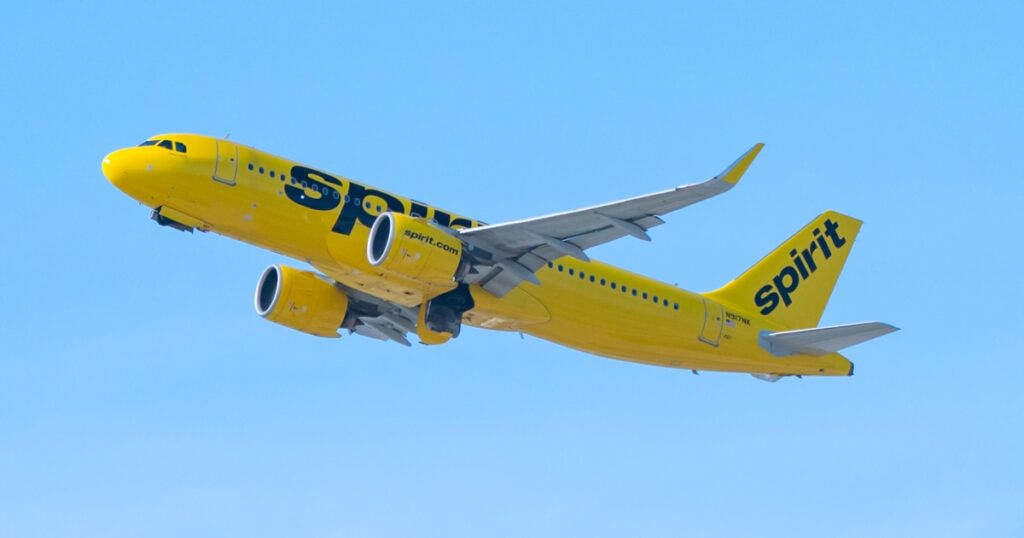A Spirit Airlines flight bound for Haiti came under fire Monday, injuring a flight attendant, as the State Department warned of a “gang-led effort” to block travel to the country.
Spirit confirmed in a statement that one of its flights from Fort Lauderdale, Fla., to Port-au-Prince, Haiti, was diverted to the Dominican Republic on Monday. An inspection of the aircraft revealed damage consistent with gunfire, the statement said.
“A flight attendant on board the aircraft reported minor injuries and is being evaluated by medical personnel,” the statement said. “No guest injuries were reported.”
Spirit announced it would suspend service to Haiti pending an “assessment” of the incident and the aircraft would be grounded for the time being. Return flights to Florida are being arranged for the crew and passengers who were diverted to the Dominican Republic.
American Airlines also announced in a statement that it would suspend flights from Miami to Port-au-Prince.
“We will continue to monitor the situation and adjust operations as necessary, with safety and security as our top priority.”
JetBlue’s website says the airline is waiving cancellation fees from Monday through Saturday “in anticipation of the disruption in Haiti due to civil unrest.”
The State Department said Monday it was aware of the suspension of operations at the city’s airport in an alert from the U.S. Embassy in Port-au-Prince.
“The U.S. Embassy in Port-au-Prince is aware of gang-led efforts to disrupt traffic to and from Port-au-Prince, which may include armed violence and disruption of roads, ports, and airports,” the alert said. .
The State Department advises against travel to Haiti, which remains in the midst of violent political turmoil. Travel even within the Caribbean is not recommended.
“People should consider their personal safety situation before traveling within Haiti,” the embassy said. “Attempt to leave or travel within Haiti only if you feel it is safe to do so.”
Haiti has been overrun by armed groups vying for control after the assassination of democratically elected President Jovenel Moïse in 2021 created a power vacuum. Ariel Henry, a highly unpopular prime minister at the time, became president, but no elections were held. .
And when he delayed elections again this year, violence continued as armed militias plunged the country into civil war, endangering the lives of civilians.
Henry said in April that he would resign if other Caribbean countries and political parties brokered a caretaker government.



